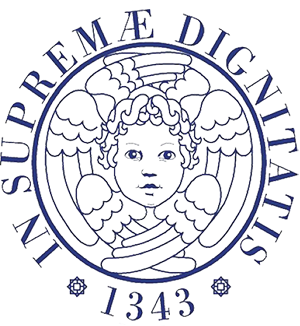Definition:
The bladder can be reached endoscopically through the urethra and with the use of instruments, called resectors, the bladder tissue can be removed.
Indications:
It is performed to remove suspicious bladder areas or bladder neoplasms, avoiding the abdomen incision. For bladder neoplasms infiltrating the bladder wall the procedure has only biopsy and non-therapeutic significance.
Description of the technique:
The intervention requires peripheral or general anesthesia. The patient is in a supine position and has supported raised legs. The resector is introduced through the urethra and reaches the bladder cavity which is relaxed with irrigation solution. The bladder lesions are removed with the use of resection loops carrying the current of an electrosurgical unit; these loops, sliding inside the lesion, remove them from the top to the base. Once the bladder lesions have been removed, the hemostasis resection areas are coagulated, i.e. to check for bleeding vessels. The operation ends with the placement of a bladder catheter with a continuous bladder wash.
Preparation for intervention:
Prophylaxis with antibiotics is sufficient and antithrombotic prophylaxis in cases at risk.
Duration of the intervention:
It varies from 10 minutes to 60 minutes depending on the number and size of the lesions to be removed.
Type and duration of hospitalization:
Ordinary admission or day-surgery is planned. The catheter remains in place for 1-4 days and the patient is usually discharged after removal of the catheter.
Intraoperative complications:
- Bladder puncture: it may be or extraperitoneal, and be resolved simply by keeping the catheter longer or intraperitoneal (<1%); in the latter case, if the perforation is large, it may require an open surgery repair (i.e. with a surgical incision).
- Hemorrhage: need blood transfusion in 2-13% of cases.
- Injury of the ureter: possible when the lesion affects its outlet in the bladder (meatus).
- Injury of the urethra: almost always resolvable with only catheterization.
Post-operative complications:
- Urinary retention: usually temporary, especially if obstructive causes coexist (benign prostatic hypertrophy).
- Hematuria (blood in the urine) with clots retention: it may require vigorous bladder flushing to remove clots.
- Hydronephrosis or vesicoureteral reflux: from lesion of the ureter. Other complications may be urethral stenosis.
Attention at discharge:
It is preferable to avoid efforts and trips by car, motorbike or bicycle for a week. The appearance of frequent urination and urination burning is transient.
How to behave in case of complications arising after urination: Sometimes a hemorrhage occurs when the eschar (= “the crust”) of the bladder wound falls. If copious and persistent it may require a new catheterization in the urological environment. In the event of a fever, the patient may initially consult with his doctor.
Post-operative checks:
In case of superficial bladder neoplasia (Ta, T1-G1-G2) the risk of relapse is between 40 and 80%. For this it is necessary that the patient follows a protocol of intravesical chemotherapy, consisting in the instillation of a drug inside the bladder through a catheter. If there are significant dysuria, urine tests and urine culture should be performed. Generally, a check cystoscopy is performed 3 months after the operation. The subsequent cystoscopic checks, in the absence of recurrence, must be performed every 3 months for 2 years, every six months from the 2nd to the 4th year, and subsequently every year. In coincidence of these checks, urinary cytology should be performed. An urography in selected cases may be appropriate. In case of bladder neoplasm infiltrating the muscular layer (T > 1) it is necessary to complete the therapeutic procedure proceeding to cystectomy or alternatively when this is contraindicated to radiotherapy.

